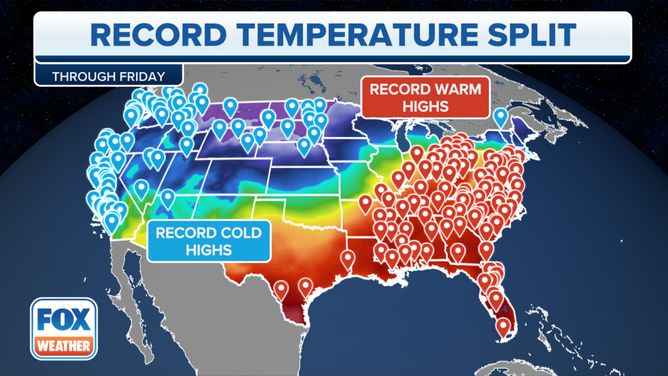The year of 2024 has so far been the hottest year in recent memory, setting alarming benchmarks for global temperatures.This year is set to shatter global temperature records, with climate scientists sounding alarms over what may become a turning point in the fight against climate change. The World Meteorological Organization (WMO) and NASA both confirmed that 2024 has seen unprecedented heat, with the global average temperature expected to surpass 1.5°C above pre-industrial levels—a critical threshold outlined in the Paris Agreement.
“We are now in uncharted territory,” said Dr. Petteri Taalas, Secretary-General of the WMO, in a recent statement. “The extreme heat this year has affected every continent, and we are already witnessing the devastating impacts.”
Cities across the globe have experienced intense and prolonged heat waves. In Phoenix, Arizona, temperatures exceeded 48°C (118°F) for several consecutive days, pushing the region’s emergency services to the brink. Meanwhile, in Athens, Greece, summer temperatures consistently topped 40°C (104°F), leading to a surge in heat-related hospital admissions and forced closures of historic landmarks like the Acropolis.
Europe has been particularly hard hit. In July, the Spanish city of Córdoba broke national records with temperatures soaring past 45°C, while in France, farmers faced crop losses due to the combination of scorching heat and drought. Further afield, Canada grappled with one of its worst wildfire seasons, fueled by both dry conditions and excessive heat, burning millions of acres of forest and causing hazardous air quality across North America.
“We’re living through the consequences of decades of inaction,” says Dr. Michael Mann, a prominent climate scientist at the University of Pennsylvania. “The spike in temperatures we’re seeing in 2024 is not just because of El Niño, though that plays a part—it’s primarily because the planet has warmed to the point where these extreme events are our new normal.”
This year has also seen ocean temperatures reach disturbing new highs. The North Atlantic, for example, recorded surface temperatures over 24°C in some areas—almost 2°C higher than usual. Such warming has contributed to mass coral bleaching in places like Australia’s Great Barrier Reef, with long-term consequences for marine life and coastal economies.
The 2024 temperature surge underscores the need for swift global action to reduce greenhouse gas emissions. As António Guterres, the United Nations Secretary-General, recently stated, “The window to prevent the most catastrophic impacts of climate change is closing fast. We need immediate and ambitious efforts from all countries, especially the largest emitters, to reverse this trajectory.”
With the next global climate summit approaching, attention is turning to whether world leaders will make the necessary commitments to avert even worse outcomes in the future. The stakes have never been higher, as this year’s record heat serves as a stark reminder of what lies ahead if the world fails to act.














